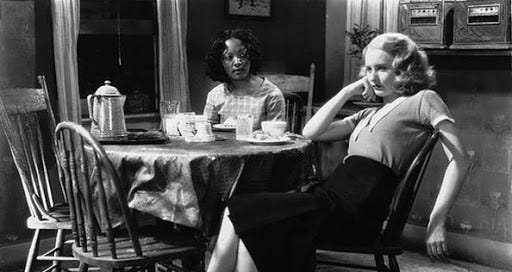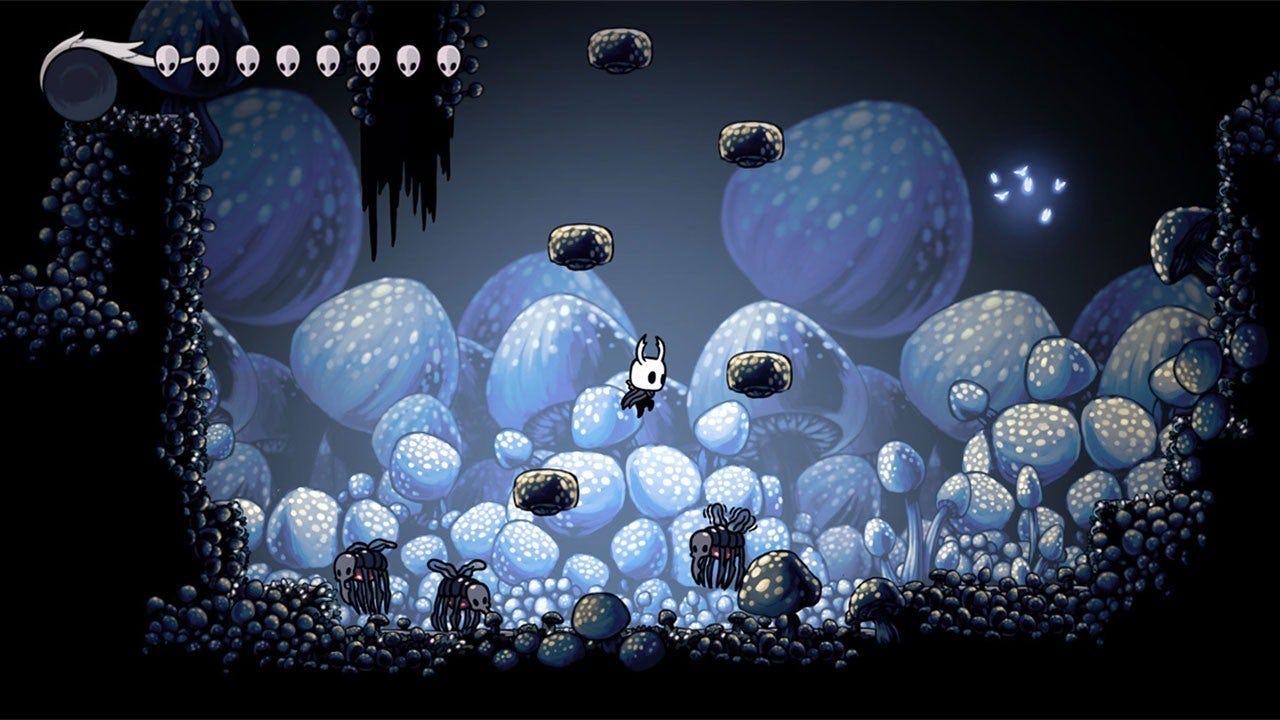This week I recorded and posted two thirty second goof-off ditties about living in Central New York. It was just me, my guitar, and a scribbled post it note with some jokes on it. I posted it without thinking too hard about it, without trying to figure out if anyone would want to see it, without wondering in the back of my mind whether or not someone would lose respect for me as a serious person. Which, for me, is an achievement. It will not surprise you, I’m sure, to hear that my interior life is generally an endless cycle of self evaluation and re-evaluation.
This was not always the case. When I was a teenager I was obsessed with performing a version of authenticity that I thought was being honest with the world. I was sixteen or seventeen and feeling everything as intensely as possible. I was in love with a girl from Gresham, Oregon, I was accepted into the college of my choice. I was writing, daily, on my Xanga or my Myspace about being mad at my dad, or the bloody, gory love that Christ had for all of us, or about whatever emo band Fueled by Ramen was promoting next. College, graduate school, and professional life went a long way toward disciplining those impulses. I still wrote, but I did so with a more critical lens, and while obviously I love criticism, I also know that for me, criticism is a way to cloak unruly feelings with the veneer of good taste. It puts you at a useful distance from the raw, adolescent energies of the self.
And so, while I’m not going to necessarily recommend everybody check out my joke song about apples and lilacs on Instagram, what I will say is that it felt good this week to admit publicly to people that I sing and play guitar - not particularly well, not about interesting or important things, but those are things I love to do and even if no one shares that enthusiasm, at least I peeked out from behind that desk of measured evaluation and had a little fun.
It can be worth it to do a little less self management every now and then.
Read: “On lupus, unruly bodies, and letting go”, by Staci Stutsman
[click the title for the link]
Full disclosure: Staci is a brilliant and dear friend of mine who I am lucky to know.
For the last couple years, Staci Stutsman has consistently produced heartfelt and incisive commentary on the body, illness and disability, and gender over on her Medium blog. She lives with lupus and wrote a dissertation analyzing performance in classical Hollywood melodramas, and her writing marries her experiences with her training to profound effect. Let me be clear - you should be reading everything Staci writes, she does not miss.
About a week ago, Staci published this piece, her longest for the Medium platform yet, and it is a lucid reflection on the ways in which her relationship to her body has changed in response to the pressures exerted by academia, the health and weight loss industrial complexes, chronic illness, and food. If I’m honest, reflection is too slight a word for the work being done here. This is humanist essay-writing at its finest, wrangling sophisticated media and textual analysis in line with personal biography - some of which is harrowing indeed - in the service of charting a course that troubles our assumptions about the body which must be disciplined and instead asks whether or not the body is simply a thing about which we can feel good, and which can in turn be a fountain of good feeling. I’ve read through this piece a few times now, and each pass opens up something new to me. The ways we internalize fatphobia, the ways bodies make themselves known and how we try to manage those eruptions, the strange vulnerabilities and privileges that open up in the course of medical treatment - it’s a dense web that Staci weaves here, but the really remarkable thing is that it doesn’t read that way. As always with her writing, the prose is clear, grounded, and deeply connected to her assuring voice.
Do not miss it.
Watch: Pretend It’s a City, Netflix
There is a certain kind of admirable unproductiveness you need to achieve in order to call yourself a humorist in the year 2021. Fran Lebowitz, long-time critic and commentator whose last major publication was in the mid 90s, spends virtually every minute of this Netflix docu-series performing the kind of observational humor that is hard to find anywhere outside the margins of a ten year old copy of The New Yorker anymore. It’s a kind of joking around born of arrogance, fantastic literacy, and passionate attachment that, despite myself, fills my little Millennial heart with joy. It’s like hearing someone tell funny stories from the other side of a river you know you’ll never be able to cross. Or more accurately, from the other side of a river that they keep telling you isn’t that big a deal. Fran complains about everything - transit, people who hate transit, food, people who like food too much, New York City, people who hate New York City. You see the pattern. When she jokes about how it doesn’t matter that no one can afford to live in New York - they live here anyway - you get the sense that Fran is the dying lamplight from a different world, a world that to be honest, probably needs to fade away. There’s an uncritical elitism to her commentary, and many of her stories smack of that kind of fatalism which sits apathetically in the face of social progress. And yet, there’s something bracing at work here too, the sheer pleasure of listening to someone much smarter and more experienced than you explain why you’re wrong about everything. If Fran is to be the last humorist, this is a diverting, satisfying send-off.
Listen: Bright Green Field, Squid
As we move steadily toward the middle of the year, 2021 has begun to fill with an embarrassingly rich slate of post- and experimental punk rock albums. I’ve already recommended a couple of these records here on The Crossover Appeal, so I hope I haven’t worn my welcome when it comes to this subgenre, but you really do owe it to yourself to try out this buzzy debut full length LP from Brighton rockers Squid. Bright Green Field is promiscuous in its approach to instrumentation. There are the electronic sounds of drum machines and midi controllers, brassy trumpets, noodling guitar lines, B-52s-esque talk-singing passages that morph into huge caterwauls, meandering, low-tuned bass solos that outro poppier punk choruses. What’s undeniable is that throughout the record, even in the midst of songs that stretch for nearly ten minutes, there’s a propulsive energy carrying you forward, sometimes at breakneck speeds. Like a lot of the great post-punkers, it’s the vocal delivery and the snarled drumming that gives Bright Green Field its snotty, sarcastic personality. Where the earlier record this year from Black Country, New Roads was full of paranoia and anxiety, the boys in Squid seem like they want everybody to have a good time, or at least, like if we all jump around enough our bodies and sounds will collide in such a way that a good time is going to happen at some point. It’s entropy with a bratty yelp.
Listen: Music for Living Spaces, Green-House
This weekend I’m bringing you another (mostly) instrumental album, this time in the form of a meditative, ambient set of electronic tracks by LA-based musician, Green-House. Hit play on the album lead track and “Top Soil” will unfurl like something from a cozy video game, spacious and grounded. Later, “Bird of Paradise”, peppers the composition with twittering from the song’s eponymous animals, filling up the soundstage with a strong sense of its own space while expanding out into the environs of your living room, or wherever you find yourself listening. And I do recommend listening to this one out in the open, maybe in the morning as light dapples through the blinds, or maybe by an open window late at night, the sounds drifting in and out of an evening breeze. There will be, I am sure, some of you who listen to this and feel it’s perhaps a little too new age-y, a little too woo woo, and I get it. From a certain perspective there’s a bit of the $4000 weekend spiritual workshop in the desert vibe to Music for Living Spaces. But I’d encourage you to tamp down your judgement a bit, should that reaction emerge. Imagine instead the things living, growing, and breathing around you, and give yourself some time with this album that just wants to offer a little nourishment.
Play: Hollow Knight, Xbox, Switch, PC, Playstation
If, like me, you’ve put off playing the 2017 action-adventure game, Hollow Knight let me just briefly add to the chorus of voices that have sung its praises these past four years. Because, wow, it’s got a lot to offer. Hollow Knight is a game that constantly pulls a whole host of magic tricks on you. At first blush, it reads as a straightforward 2D platformer with some slight exploration elements maybe. The art and characters are immediately arresting, and the strange language everyone speaks helps transport you into its world, but very soon you’ll realize that the atmosphere is more than just pretty set dressing - it’s the building blocks of a world that feels vast, frightening, and ancient. And while, yes, the platforming is a pleasure and the combat is fluid, it’s that slow, steady peeling back of Hollow Knight’s world that elevates the experience to something approaching the sublime. Each new area feels brilliantly distinct and engages a new section of your spatial brain, gradually leveraging your ache to scratch the itch of seeing what’s next to build the skills you’ll need in order to do so. If you have virtually any machine that can play a video game, it’s probable that Hollow Knight has had a release on it - don’t continue denying yourself the pleasure of exploring the Hallownest.
That’s it this weekend - it’s out an hour or so late. Shoutouts to Notion for a poorly timed app refresh for that tardiness. Still, I hope you’re taking care. See you next time at The Crossover Appeal
Jordan Cassidy






